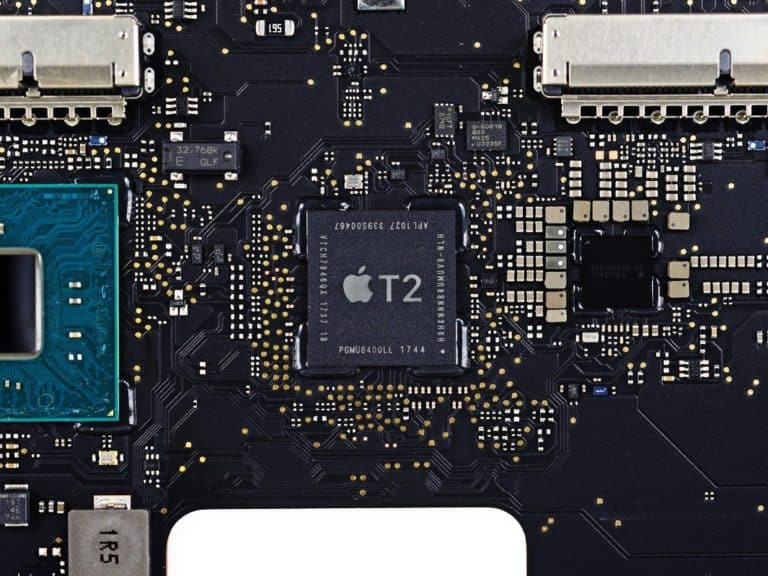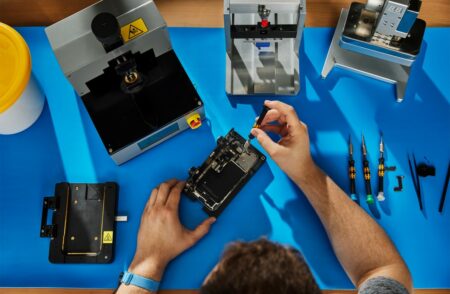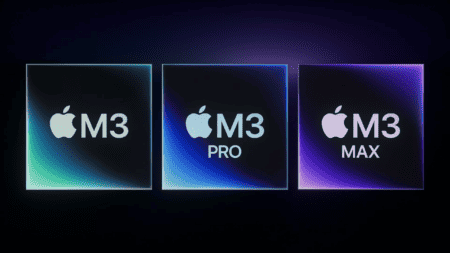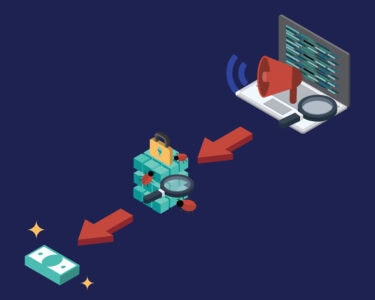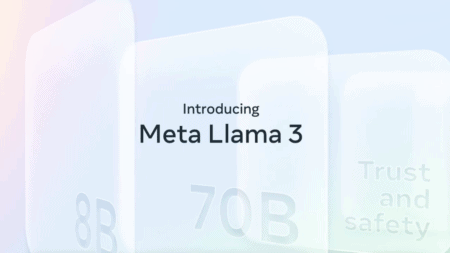Apple’s new MacBooks include a feature that will make it much more difficult for hackers to spy on or listen to users using the device’s microphone. Apple added the new T2 security chip. It helps secure encryption keys, storage, fingerprint data and secure boot features.
Until today was little known about the chip, but Apple today published a support guide of the device. According to that guide, the chip has a function that makes it possible to physically disconnect the microphone from the rest of the hardware. This happens as soon as the MacBook is closed.
Completely closed
The guide states that this is a hardware disconnect, which means that software – even with root or kernel priviliges in macOS, and even the software on the T2 chip, cannot turn on the microphone when the laptop is folded up. The camera does not shut down, but that is not necessary because it cannot record images when the laptop is folded up.
Apple states that this new feature adds an unprecedented level of security to the MacBooks. It is also necessary, because the threat of hackers hacking webcams or microphones is real. A few years ago, for example, hackers used the remote administration tools of laptops to spy on people via the built-in webcam of their laptop.
Webcam masking
It’s also that fact that led users to tape off their webcam. For a long time it seemed that this was not necessary for MacBook-webcams. That was because the light next to the webcam would always be on. But that turned out to be wrong last year, because the Fruitfly malware was able to spy on users without the light coming on.
In addition, the British intelligence service GCHQ has been spying on people through their webcams for years. In this sense, taping off a webcam is also recommended. At the same time, it does not cut off the microphone and allows these people to continue listening without the user’s knowledge.
Tools such as Oversight can inform users if the webcam or microphone of a laptop is activated.
This news article was automatically translated from Dutch to give Techzine.eu a head start. All news articles after September 1, 2019 are written in native English and NOT translated. All our background stories are written in native English as well. For more information read our launch article.